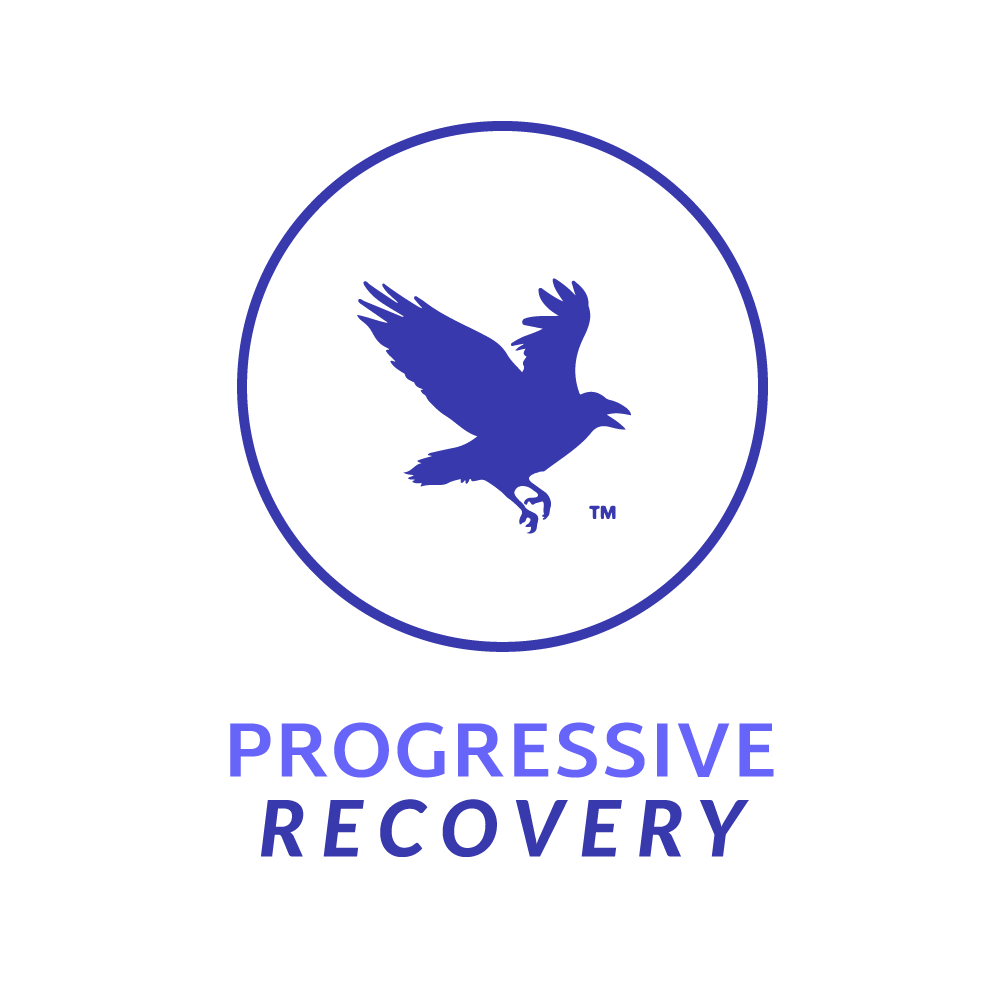Managing Chronic Pain: An Interview with DC
In this audio session with DC, you’ll hear some ideas that are foundational to many in twelve-step recovery such as the importance of making connections, working with others in their recovery, and more. Yet emotional recovery is more than a state of being free from alcohol or drugs.
DC tells us a great deal about his role in the larger world. He urges us to remember that life is lived in relationships, families, and communities - not merely in the rooms of recovery - no matter how useful they may be. He returns to ideas Bill W promoted about becoming a citizen again, that our emotionally sober lives include making contributions beyond the rooms and communities of recovery. As DC notes, if you want to know how stable and sober someone is, you should ask their loved ones, their friends and neighbors, and their co-workers. The test is in a life well-lived.
DC also touches on a subject that is important for many: he now lives with chronic pain because of degenerative disease, and he must use prescription pain medication. This is such a larger story in the world, learning how to use medicine appropriately, while also maintaining good emotional, psychological and spiritual health. After all, in the end the reason to be sober involves a world larger than ourselves.
For all of us, the idea that we can be well-balanced in our lives no matter what is a testament to the idea of emotional sobriety.

